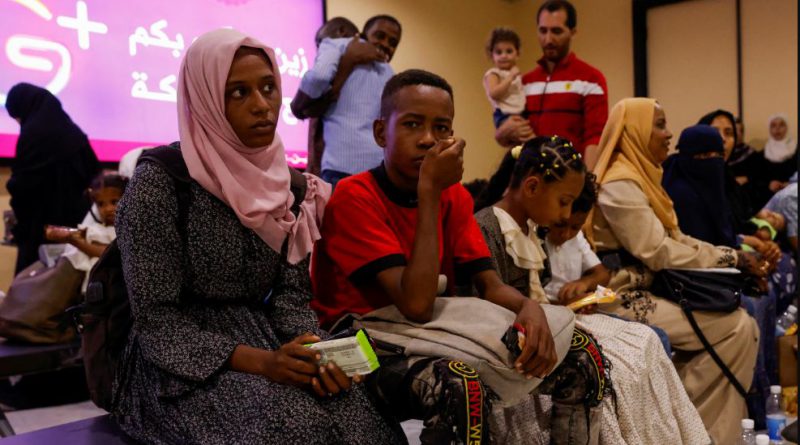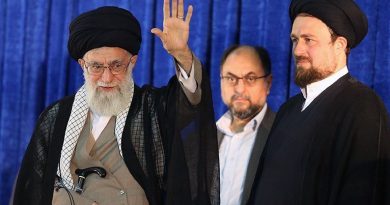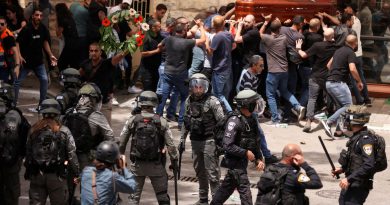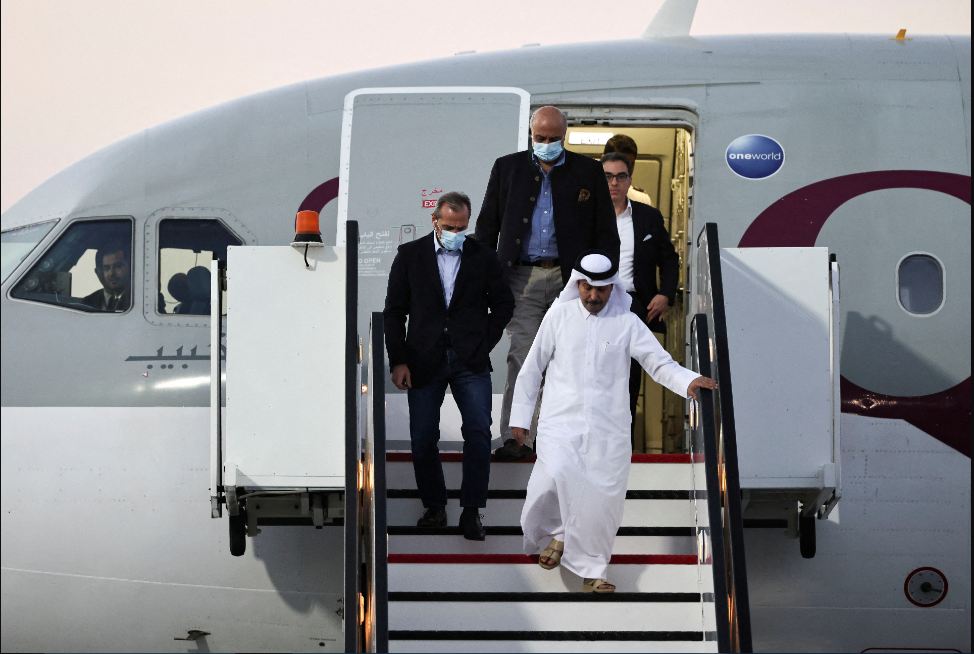International donors pledge $1.5 billion in Sudan aid
Geneva (Reuters) – International donors made pledges on Monday of close to $1.5 billion in aid for Sudan and the surrounding region, about half of estimated needs for a deepening humanitarian crisis that has driven some 2.2 million people from their homes.
The conflict between Sudan’s army and paramilitary Rapid Support Forces (RSF) has turned the capital Khartoum into a war zone and triggered lethal, repeated attacks and mass displacement in the western region of Darfur as well as other parts of the country.
Though a 72-hour ceasefire has brought a lull in fighting in Khartoum since Sunday, residents reported that looting had surged as clashes subsided and the International Committee of the Red Cross (ICRC) said gunfire had prevented the transfer of wounded soldiers to hospital.
In El Geneina, the worst hit city in Darfur, desperate residents have been trying to flee attacks by Arab militias, but face murder, rape or detention as they set out on foot for the nearby border with Chad, witnesses and aid workers say.
A fundraising conference in Geneva hosted by Germany, Saudi Arabia, Qatar, Egypt and the United Nations was meant to drum up pledges to support relief efforts that have been hampered by ceasefire violations, looting and bureaucratic controls.
Donors announced close to $1.5 billion in pledges, U.N. aid chief Martin Griffiths said, though it was not immediately clear if all the money was new or when it would be disbursed.
That included 200 million euros ($218 million) from Germany and $171 million from the United States. The European Union said it had committed 190 million euros, and Qatar pledged $50 million.
“This crisis will require sustained financial support and I hope that we can all keep Sudan at the top of our priorities,” Griffiths said.
USAID chief Samantha Power said the U.S. had contributed more than half the funding for Sudan, which she described as unsustainable.
“The funds pledged today fail to meet the urgency of the situation,” said David Macdonald, of humanitarian agency CARE.
Surge In Looting
The war between the rival military factions began in mid-April amid tensions over an internationally backed plan for a transition towards elections under a civilian government.
It has left more than 3,000 people dead and 6,000 injured, according to Sudan’s health minister, though aid workers and witnesses say many bodies have been uncounted.
The ceasefire that began on Sunday was brokered by Saudi Arabia and the United States at talks in Jeddah. It is the latest in a series of truce deals that have allowed for the delivery of some humanitarian aid but failed to prevent the conflict from intensifying.
“Since the truce began yesterday, there has been a big increase in the rate of theft and looting of homes,” Mohamed Motasem, a 34-year-old resident of the capital, told Reuters by phone.
Residents reported clashes in Omdurman, across the Nile River from Khartoum. The RSF said the army had fired on an ICRC convoy carrying wounded army soldiers in the capital, while the army said it did not have any troops in the area. The army said it had repelled an RSF attack in Tawila in North Darfur.
U.N. Secretary-General Antonio Guterres said he was especially concerned by ethnic violence in Darfur and reports of gender-based and sexual violence. U.N. human rights chief Volker Turk said his office had received reports of sexual violence against at least 53 women and girls, saying that some 18 to 20 women were raped in a single attack.
Turk said the RSF had been identified as the perpetrator “in almost all cases” and also named them in relation to looting, large-scale attacks in West Darfur and enforced disappearances, of which 394 cases had been reported in the Khartoum area alone.
Before the donor conference, a U.N. appeal for $2.57 billion for humanitarian support within Sudan this year was about 17% funded, and an appeal for nearly $500 million for refugees fleeing from Sudan was just 15% funded, a situation U.N. refugee agency chief Filippo Grandi called “deeply distressing”.
U.N. aid officials say privately they expect oil-rich Gulf states to do more to prop up the global U.N. aid budget, which had already reached record highs of $51.5 billion in 2023 before the Sudan conflict



